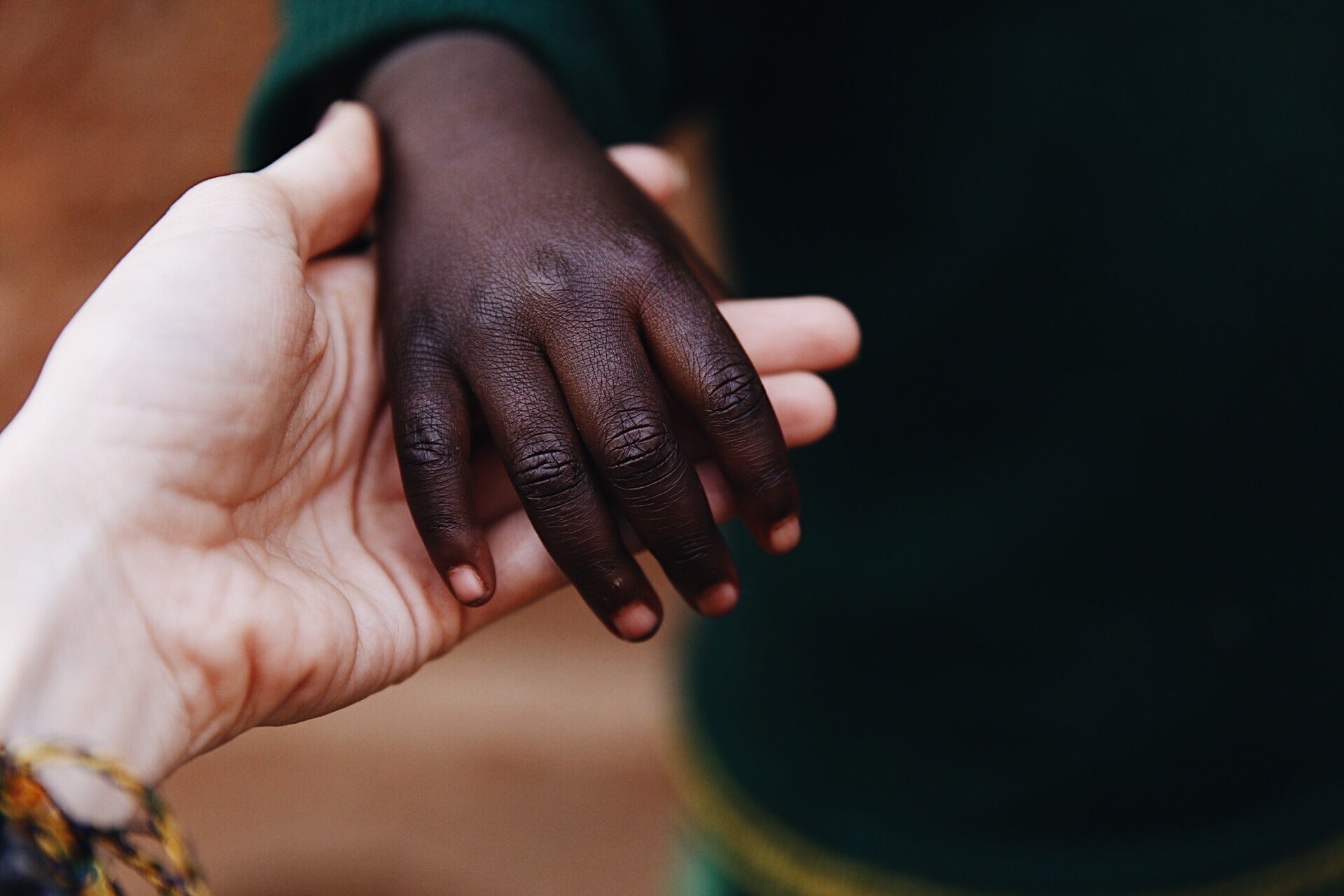
Waldorf Pedagogy and Self-Education
More than 8 years ago, when I started studying Waldorf Pedagogy, little was said about it in texts from magazines or blogs, or even in undergraduate and pedagogy courses. Despite this, there were already some schools and initiatives based on Anthroposophy in Brazil, such as Monte Azul in São Paulo. Since then, the number of Waldorf schools in Brazil and in the world has grown a lot. Around here, we are almost 300 schools and kindergartens and worldwide that number exceeds 2,500, distributed in about seventy countries.
Even with the expressive growth, this type of teaching still generates numerous doubts and concerns. In my view, this is mainly because it is based on a spiritual science, Anthroposophy. This makes Waldorf Pedagogy much more than a curriculum, but it offers a worldview that perhaps does not correspond to the things that we reproduce, so often automatically, in our modern lives.
That chip hit me right away in the first meetings of the Waldorf Seminar. This happened when I, recently graduated in Geography, but with experience as a teacher for a long time, went looking for other ways of teaching. The truth is that that system known to most of us caused me some anxiety. However, the course did not have a recipe, nor did we talk about didactics (a theme so dear to teacher training courses).
Contrary to a well-known logic, we set out to study self-education. The proposal was to “look at yourself and the world” because, in order to look at our children and adolescents, we first need to know ourselves and understand the world around us, in addition to our time and place.
In the journey as a Waldorf teacher, understanding our biography is essential. By observing our own history, we understand each other better. However, it is not just a look at a physical body, but must also include other realms, such as the etheric, the astral and the ego. We are all born with these three bodies (physical, etheric and astral). We will explain this better in the future here on the blog.
In short, having an environment that respects each stage of life is essential. And here it is important to point out that each child has their moment and their potential, so we have to let them flow harmoniously and organically.
The fact of looking at human beings “considering their development as a whole” fascinated me. In Waldorf Pedagogy, this content is closely linked to the development process of the bodies I mentioned earlier. A good example of this is a child in their first 7 years of life. During this period, he is developing his physical body. Soon, it's important that she jumps, plays, falls to the ground, climbs trees and gets involved with all these pranks. These childhood revelries allow her to experience her body in the world.
When a child climbs a tree, he has to decide how he is going to get down from there, which branch to step on, etc. She is faced with choices and these have their consequences. This experience will last for the rest of her life and, as an adult, she will be able to look at her problems and think about which branch to grab, understanding the results of her decisions. However, this whole process is disturbed if when your body, still needing to jump and fall, is faced with letters and numbers, that is, for intellectual thinking.
More precise use of the mind should be introduced into children's lives around age 7, after lots of mud, falls, jumps and all. An already adult imagination does not allow such actions with the liveliness that children perform so beautifully.
It was thinking about all these issues that Pedagogy was formed. The subject of Social Trimembering is essential for us to understand what a Waldorf School is and how it works. But that will be the subject of our next text!
We would like to thank Maira, responsible for the entire Education area at Hai and a great friend for all the work she does and for the text.



Olá, gostei muito de ler seu texto, sou professor de geografia e conheci a pedagogia Waldorf faz uns três anos, esse modelo educacional me trouxe um pouco de esperança para sairmos desse sistema tradicional. grande abraço.
Bom dia, sou Professor Trajano, Mestre em educação, e fiquei curioso quando li o texto.
Sinto dificuldade em atrair a atenção dos alunos, em utilizar didáticas/metodológicas eficientes.
Pela heterogeneidade de nossas turmas, as vezes nos sentimos impotentes diante de tantas adversidades e formas variadas de aprendizagem.